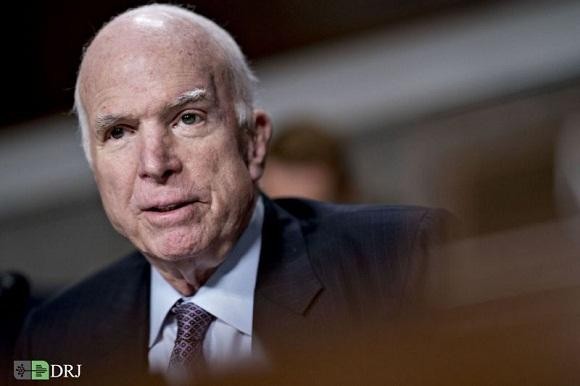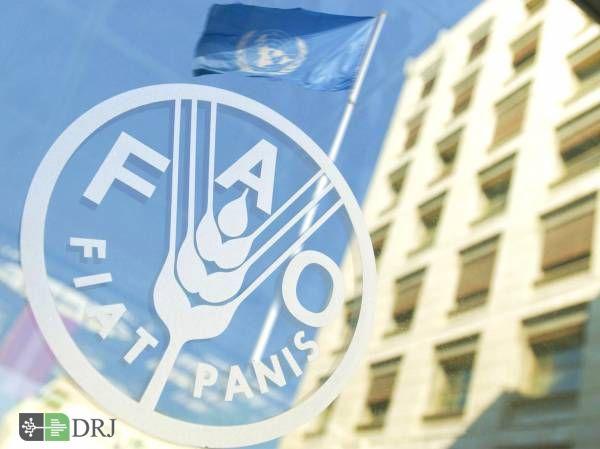Singapore’s Competition and Consumer Commission (CCCS) has found that the Grab-Uber merger has substantially lessened competition, and proposed to impose financial penalties on both the ride-hailing transport firms to restore market contestability, it said in a statement today.
The merger announced on March 26 saw Uber taking a 27.6 per cent stake in Grab, which paved the way for its exit from the Southeast Asian market. The commission immediately commenced an investigation into the deal on March 27 under the Competition Act.
“CCCS has concluded its investigation after obtaining evidence from the parties and third parties. CCCS has provisionally found that the transaction has removed competition between Grab and Uber, which were each other’s closest competitor. The merged entity is likely to be able to increase prices and has in fact done so since the completion of the transaction,” said CCCS.
The watchdog said it has also found evidence that Uber would not have left the Singapore market in the near- to medium-term in the absence of the transaction. It would either have continued its operations or merged its Southeast Asian business with other potential buyers who were not its current competitors in Singapore.
“Uber had entered into an agreement to collaborate with ComfortDelGro with the introduction of UberFlash to compete with Grab, and the collaboration was only withdrawn after the transaction. The transaction has therefore removed competition between the two closest prevailing competitors in the CPPT (chauffeured point-to-point) platform services market in Singapore,” said CCCS.
The commission has proposed several remedies to address the substantial lessening of competition (SLC), restore market contestability, and mitigate the “adverse effects” resulting from the merger. It has invited the public to submit feedback on the proposed remedies by July 19, 2018.
The remedies proposed by the commission include stripping all of Grab’s exclusive arrangements with any taxi fleet in Singapore and exclusive obligations for its drivers. It has also recommended restricting Uber from selling Lion City Rentals to Grab without CCCS’ prior approval.
CCCS has also proposed to impose financial penalties upon Grab and Uber, as “CCCS has found that they have carried the transaction into effect despite having anticipated potential competition concerns, and caused an SLC in the ride-hailing service platform market in Singapore”.
The financial penalties have yet to be determined but based on CCCS’ framework, the quantum of the financial penalty cannot exceed 10 per cent of each company’s turnover in Singapore for each year of infringement, up to a maximum of three years.
The commission reiterated that it had sent a letter to Grab and Uber, respectively, prior to the merger, to explain the merger notification regime and the commission’s corresponding power to investigate, give directions, penalise and/or impose interim measures on both ride-hailing operations.
However, both Uber and Grab went ahead with the deal and began the transfer of acquired assets immediately. The merger has rendered that it is practically impossible to restore the status quo pre-merger, said CCCS.
It said its investigations also revealed that both Uber and Grab had even provided for a mechanism to divide any eventual antitrust financial penalties. Both companies now have 15 days to make their representations to CCCS before the commission makes its final decision on the matter.
Grab disagrees, terms watchdog’s verdict “overreaching”
Grab responded to the provisional decision by CCCS, saying it will take steps to appeal against it.
“This provisional decision and proposed remedies are overreaching and go against Singapore’s pro-innovation and pro-business regulations in a free market economy. We note that the provisional decision is not final nor effective yet, and we will submit our written representations to the CCCS before the deadline. We will take all appropriate steps to appeal against this decision,” a Grab spokesperson said.
Disagreeing with the CCCS, the ride-hailing major also said the watchdog had taken a very narrow approach to defining competition.
“While we are one of the most visible players in transport, we are not the only player in the market. CCCS has not taken into account the dynamic developments and intense competition going on over the past few months, from both new and incumbent taxi and ride-hailing players,” the spokesperson added.
The company maintains that it had proactively engaged with the CCCS before the transaction and conducted the acquisition in full compliance with Singapore’s applicable competition laws.
“We fully cooperated with the CCCS throughout the course of their review, and had proactively proposed voluntary commitments over and above the Interim Measures Directions (IMDs), to ensure consumers’ and drivers’ interests are taken care of, which the CCCS had rejected. Grab has complied with all areas of CCCS’ IMDs including maintaining base fare levels, surge factor and driver commission rates,” the Grab spokesperson said.
The post Singapore says Grab-Uber merger hurts competition, proposes penalties appeared first on DealStreetAsia.

ایده ها برای استارت آپ موجب رونق کسب و کارهای اینترنتی
آینده / استارت آپ

استارتآپها ادبیات بازار سرمایه را بلدند؟
استارت آپ

صدور تاییدیه دانش بنیانی شتابدهنده صدر فردا
اخبار / استارت آپ

اپلیکیشن شارژاپ
گوناگون / استارت آپ / رپرتاژ آگهی / بازتاب

جذابترین ایدههای B2B در سال 2020
استارت آپ

تعریف استارت آپ startup
دانشنامه / استارت آپ / مقاله

۱۰ استارتاپ که بدون سرمایه به سوددهی رسیدند
استارت آپ
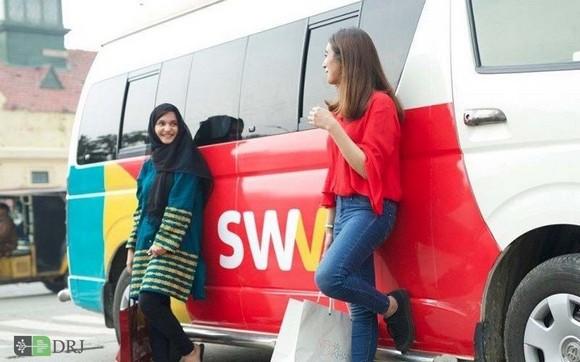
ایده ها و پیشنهاد برای استارت آپ در سال جدید
راهکارها و ترفند ها / استارت آپ
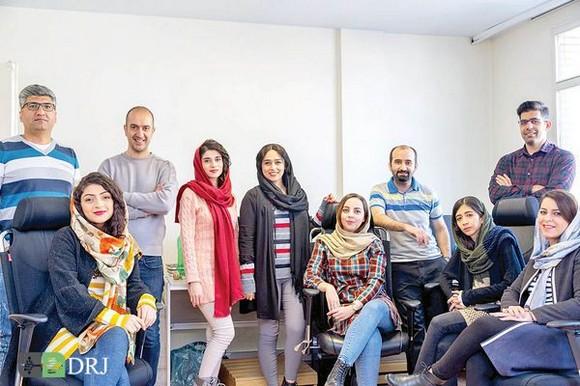
استارتآپ ایرانی؛ مرجع اول زنان افغان
استارت آپ

شروع یک کسب و کار نوپا پلتفرمی
استارت آپ

برنامه شبکه اجتماعی تیندر
گوناگون / معرفی وب سایت / استارت آپ
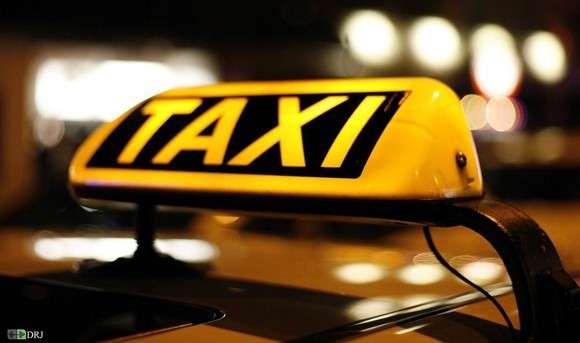
10 استارت آپ برتر تاکسیرانی جهان
استارت آپ

پخت پیتزاهای هیجان انگیز با هوش مصنوعی
آینده / استارت آپ

ایده های استارتاپی فراموش شده
دورنما / بازار / استارت آپ

اپل، استارتاپ فناوری خودران Drive.ai را تصاحب کرد
استارت آپ

بررسی مهمترین چالشهای تیمهای استارتاپی
استارت آپ

نگرانی کاربران از هزینه تعمیر و تامین قطعات
گفت و گو / بازار / استارت آپ

مصاحبه با مدیرعامل و بنیانگذار استارتاپ Moz
گفت و گو / استارت آپ

آشنایی با استارت آپ های حوزه مدیریت آب
استارت آپ

راه اندازی ۷۰ استارت آپ توسط نخبگان ایرانی
استارت آپ

معرفی هشت استارتآپ موفق ایرانی در حوزه فینتک
استارت آپ

اولین مرورگر شرعی دنیا
استارت آپ

از صفر تا پیست
استارت آپ

معرفی برترین استارتاپهای CES 2019
اخبار / استارت آپ

ازدواج با فرد ثروتمند یا خوش اخلاق
سبک زندگی / برترین ها

هدف از تشکیل خانواده چیست
سبک زندگی

اول عاشق شویم، بعد ازدواج کنیم
سبک زندگی

خانواده چیست
سبک زندگی

مشاوره خانواده چیست؟
سبک زندگی

اولویتهای پسانداز خانواده چیست؟
سبک زندگی

هزینه های خانواده چیست؟
سبک زندگی

راهکار بیشتر حرف زدن اعضای خانواده چیست؟
سبک زندگی

چرخه زندگی و خانواده چیست؟
سبک زندگی

اهداف و اصول تشکیل خانواده
سبک زندگی

آموزش جنسی نادرست به سبک خانم جلسه ای
سبک زندگی
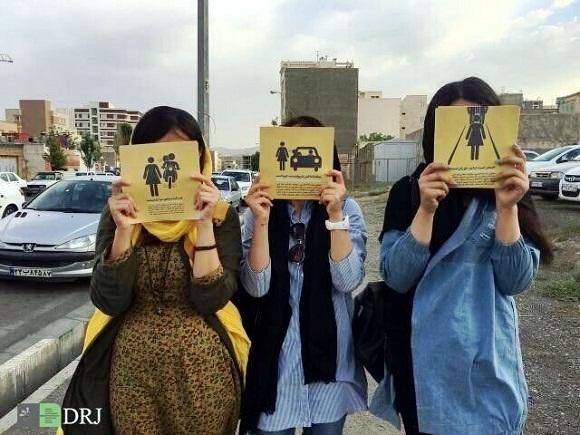
لطفا تماشاچی آزار زنان نباشید!
سبک زندگی

کودک آزاری؛ از نشانهها و دلایل تا درمان
گزارش / سبک زندگی / پرورش کودکان

روش های تعیین هدف و مسیر زندگی برای رسیدن به موفقیت
سبک زندگی
مجله اینترنتی دیپروتد نشریه مجازی بر بستر اینترنت به مسائل آموزشی و مقالات پیرامون کسب وکار های نوپا یا استارت آپ ها و سبک زندگی است فعالیت و محتوای مطالب ارائه شده در سایت همه بیشتر در حوزه مدیریت، کارآفرینی ، روانشناسی ،اقتصادی و فناوری اطلاعات است نام اصلی دیپروتد "ریشه های عمیق " با مجوز رسمی از هیات نظارت برمطبوعات مشغول به فعالیت است
ما را در شبکه های اجتماعی دنبال کنید
تمامی حقوق برای سایت فوق محفوط است.
S-TECH: ایرانی توانمند | Powered by: مجله اینترنتی دیپروتد
